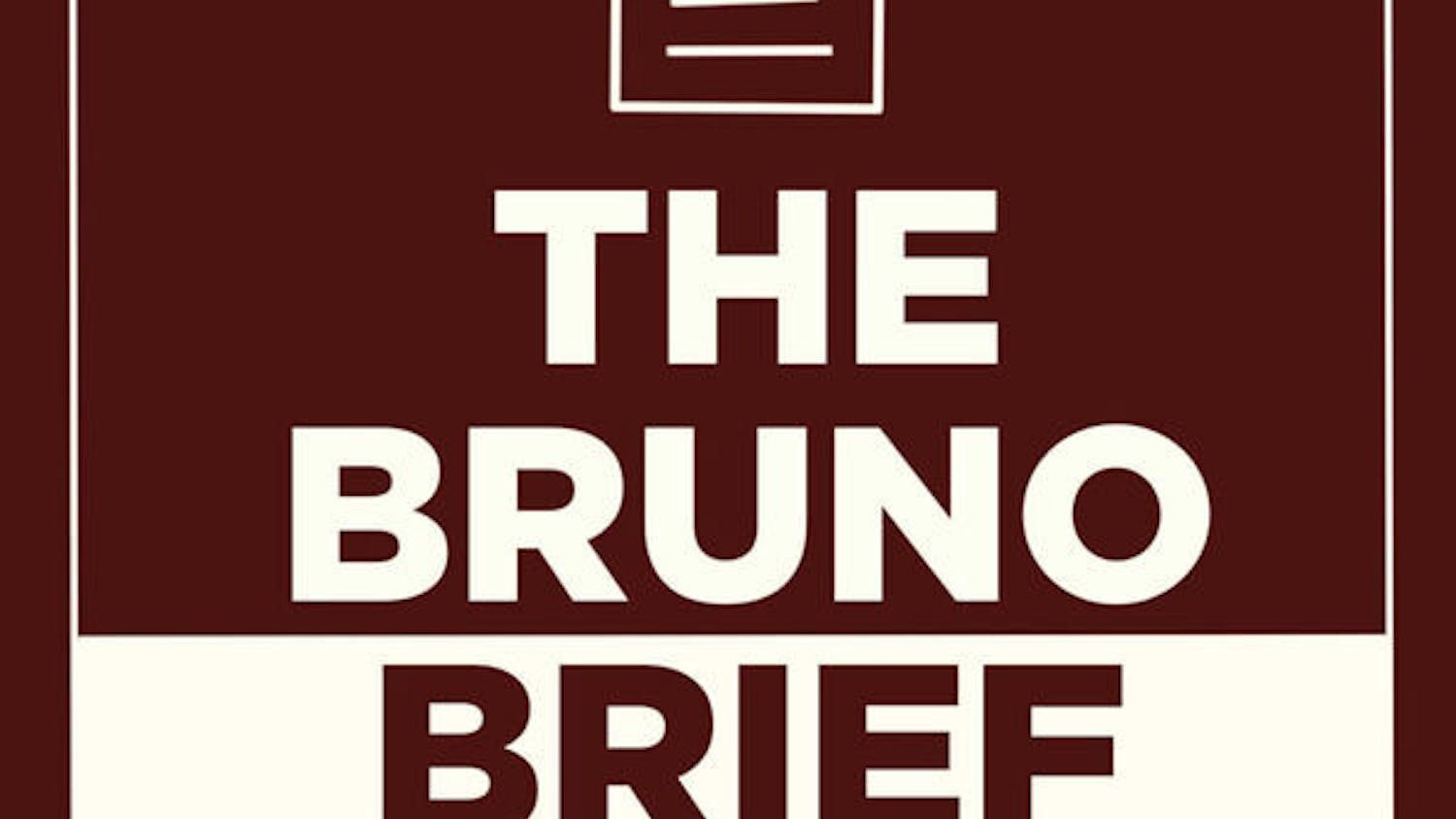Morehouse College — a small, all-male, historically black school outside of Atlanta — has faced controversy in recent weeks after administrators implemented a student dress code that bans cross-dressing. Some students and critics outside the college say the policy unfairly targets queer students.
In addition to "clothing normally associated with women's garb," the code — which was adopted earlier this month and can result in academic suspension if violated — also bans caps, do-rags and sunglasses in class, as well as pajamas and clothing with "derogatory, offensive and/or lewd messages."
William Bynum, Morehouse's vice president of student services, told the Atlanta Journal-Constitution that the new policy is an attempt to "get back to the legacy" of the college's founders.
The ban on women's clothing in particular has garnered controversy both on and off campus, according to various reports. Though the school's administration met with campus gay groups prior to unveiling the dress code, and many students — gay and straight — have voiced support for the policy, some have criticized Morehouse for what they argue is an unfair attack on queer students.
"I think this borders on discrimination," Kevin Webb, co-president of Safe Space at Morehouse, a gay-straight student alliance, told Inside Higher Ed.
Bynum told CNN that the policy was aimed at the small portion of the school's students who do wear women's clothing.
"We are talking about five students who are living a gay lifestyle that is leading them to dress a way we do not expect in Morehouse men," Bynum said.
Aside from the ban on women's clothing, others have raised concerns that the policy — which sets standards about what students can wear not only in class but in private as well — is overly prescriptive.
"It infringes on the student's freedom of expression," senior Devon Watson told CNN.
Brandeis puts museum sale on hold, facing suit
Facing a lawsuit from several benefactors of the Rose Art Museum, Brandeis University has agreed to temporarily halt plans to sell the museum's art collection pending its resolution, the Boston Globe reported earlier this month.
Brandeis drew protests in January with an announcement that it would close the Rose and auction off the museum's contents, citing a need to ameliorate the university's budget crisis.
The lawsuit was filed in July by three members of the Rose's board of overseers — one of whom is a member of the Rose family, whose donations established the Rose Museum.
The plaintiffs contest the legality of the university's actions and have argued that donations of art to Brandeis are made with assurance that they will remain in the Rose's connection permanently, the New York Times reported in July.
After rejecting Brandeis's request to dismiss the lawsuit, a Massachusetts court sanctioned the Attorney General's office to examine whether the university's actions constitute a breach of intentions and has scheduled a trial for next year.
The judge did not issue an official injunction, which would prohibit the university from selling any of its art collection, but Brandeis has agreed to allow the Attorney General to review any future decisions to sell donated pieces, the Globe reported.
The museum's modern and contemporary art collection — the largest in New England — contains over 7,000 pieces of art, including a number of works by well-known artists such as Roy Lichtenstein and Jasper Johns, and is worth an estimated $350 million, according to the Globe.




